Other (Animal) blog posts
Observing animal behavior is done in a wide variety of research areas, from fundamental neurosciences to wildlife behavior studies or farm animal welfare studies. Explore a range of diverse topics in animal behavior research. From social interactions to genetic influences, gain a comprehensive understanding of animal behavior in various contexts and in various species.
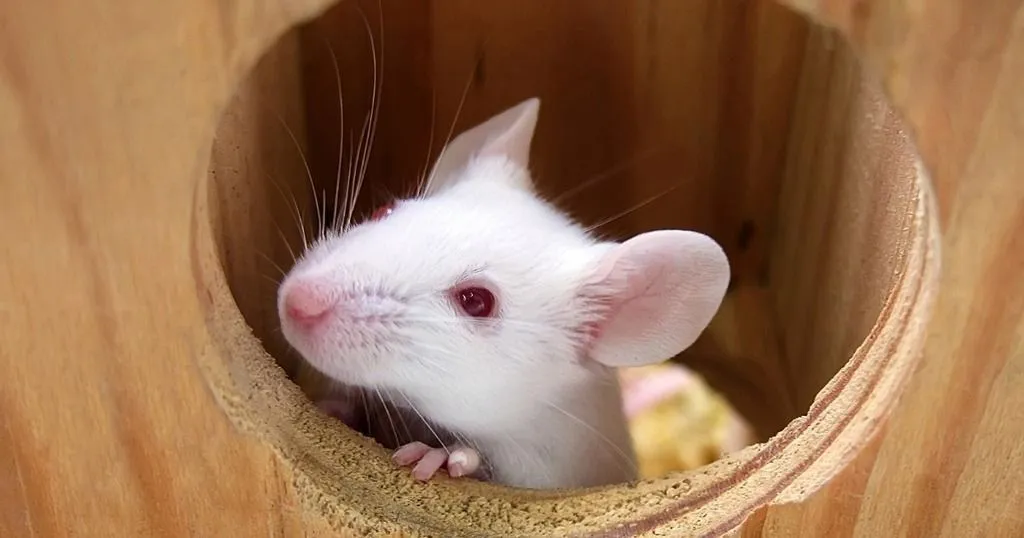
26 Jan
animal behavior research
Other (Animal)
How obese mice get moving
By a showing of hands: how many of you started this New Year with the resolution to get moving? Burn off those extra holiday calories, or finally really get in shape?
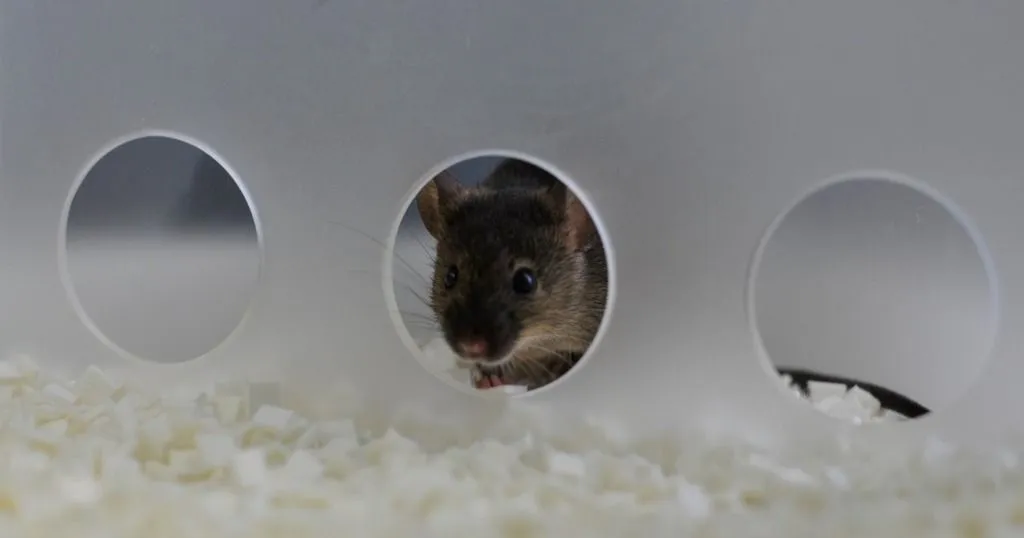
15 Dec
animal behavior research
Other (Animal)
Discrimination learning without human intervention or food restriction
Sylics recently introduced CognitionWall, a new paradigm for discrimination learning in the home cage that avoids the necessity for food restriction and handling in learning tests.
26 Sep
animal behavior research
Other (Animal)
Video tracking for high-throughput screening of plant resistance to thrips
A thrips is a tiny insect that can have a not-so-tiny effect on plants. A lot of research is currently carried out on how to get rid of these creatures.
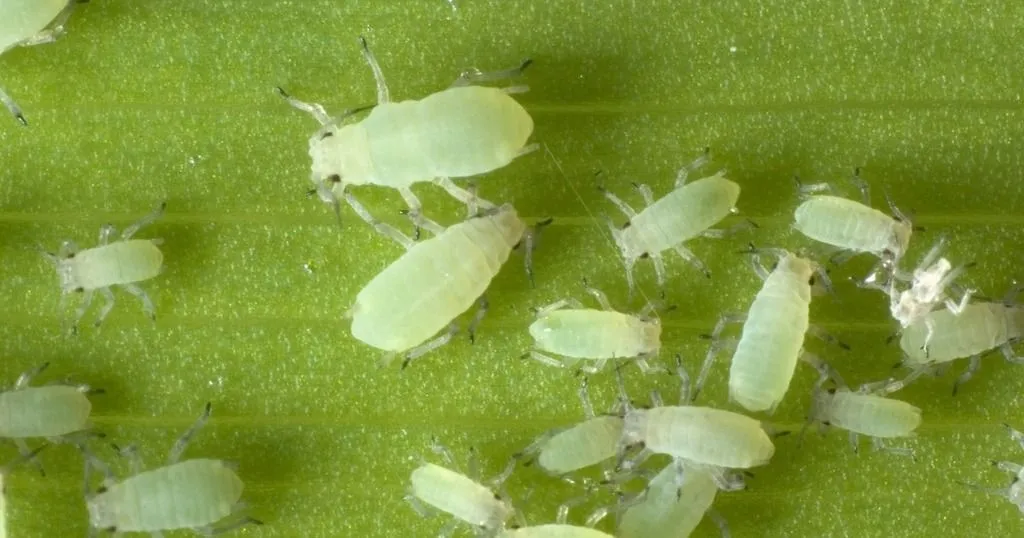
16 Sep
animal behavior research
Other (Animal)
High-throughput screening of plant lines for resistance to pest insects
The EthoGenomics project focused on screening for host plant resistance to insect pest species. Video tracking provides the possibility to scale up the screening method largely.
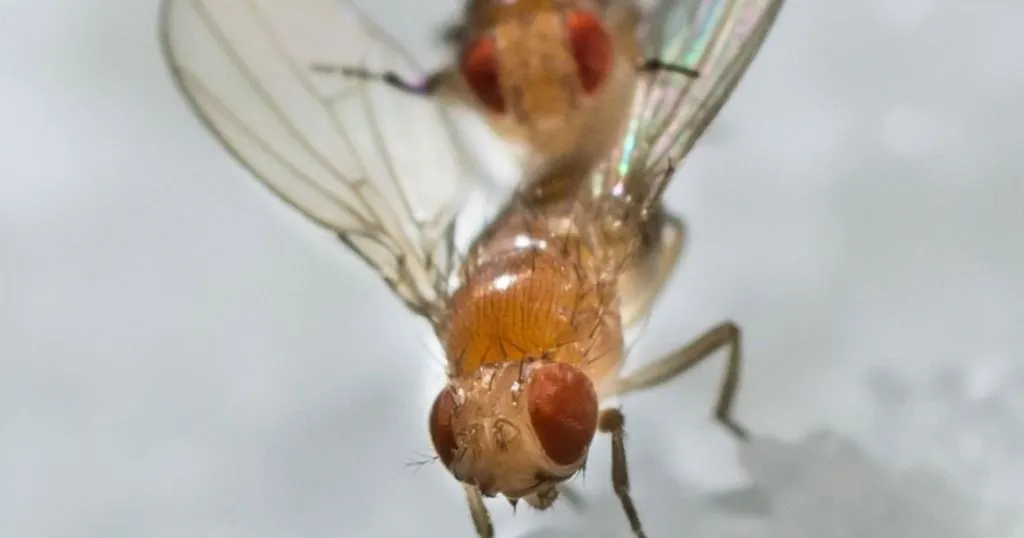
01 Sep
animal behavior research
Other (Animal)
The power of rejection (in fruit flies)
Fruit flies have amazing sense of smell. This includes the ability to navigate to a food source, as well as search out a preferred mate. However, there are other areas in which their olfactory systems come into play.
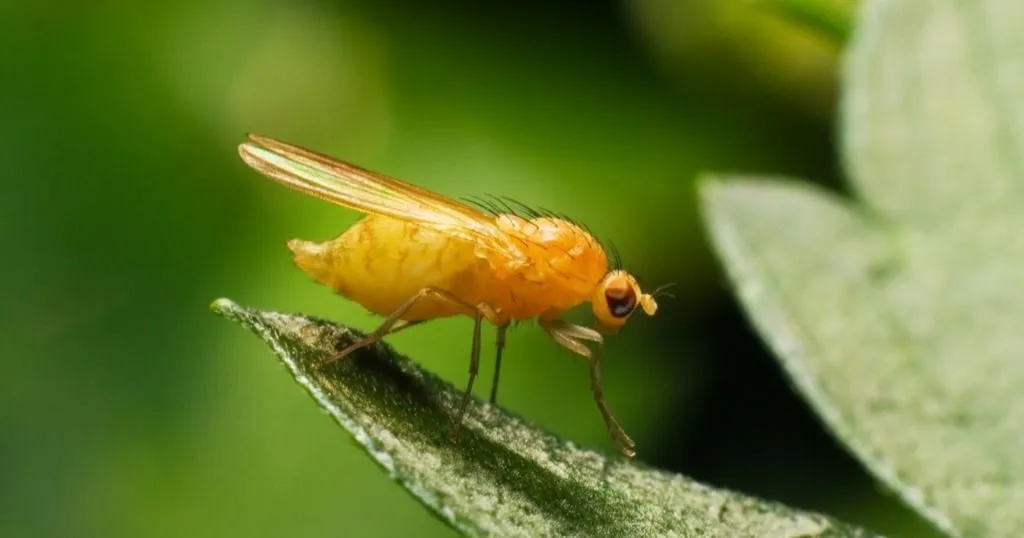
15 Aug
animal behavior research
Other (Animal)
How fruit flies find your food (and mates!)
Those tiny flies that take over your garbage cans during the summer? They are called fruit flies for a reason! They have a fantastic sense of smell and these tiny creatures are a popular animal model for researchers.
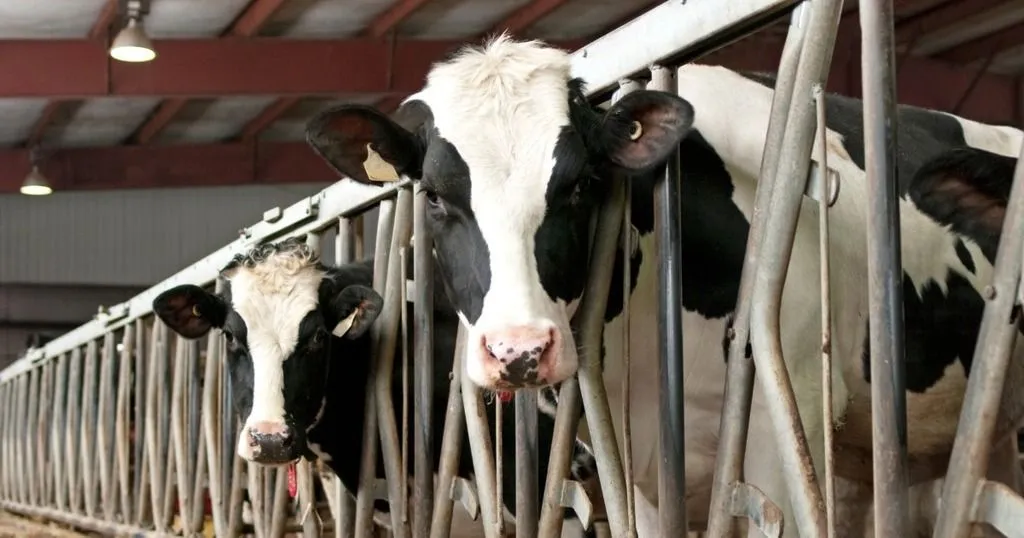
08 Jul
animal behavior research
Other (Animal)
Students’ first contact with The Observer XT
Prof. Dr. Stefanski and Dr. Flauger explain why it is important to introduce students to professional software tools at an early stage.
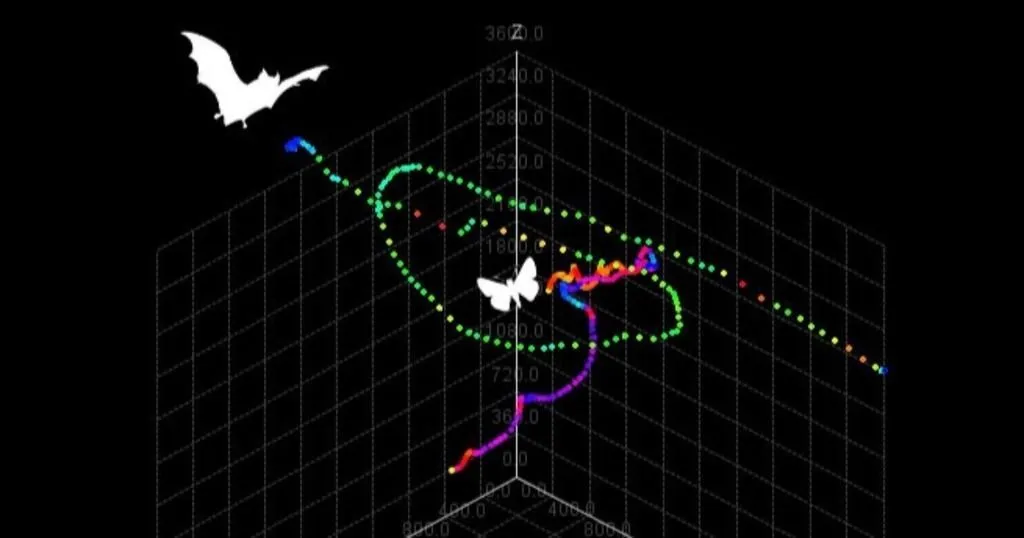
05 May
animal behavior research
Other (Animal)
The bat - moth aerial battle in 3D
Moths arrived first on the evolutionary stage; when much later on bats appeared with their sophisticated apparatus for echolocating prey, moths were forced to change or die.
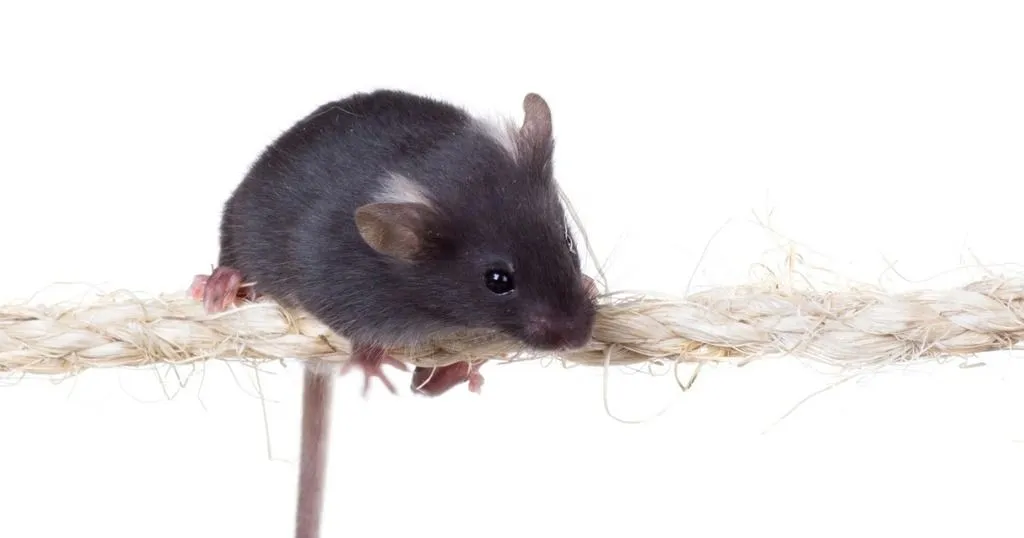
31 Mar
animal behavior research
Other (Animal)
Assessing motor deficits in mice following traumatic brain injury
Today Marcelle Cline and Donna Cross are so kind to share their insights on testing TBI mice with the CatWalk XT system.
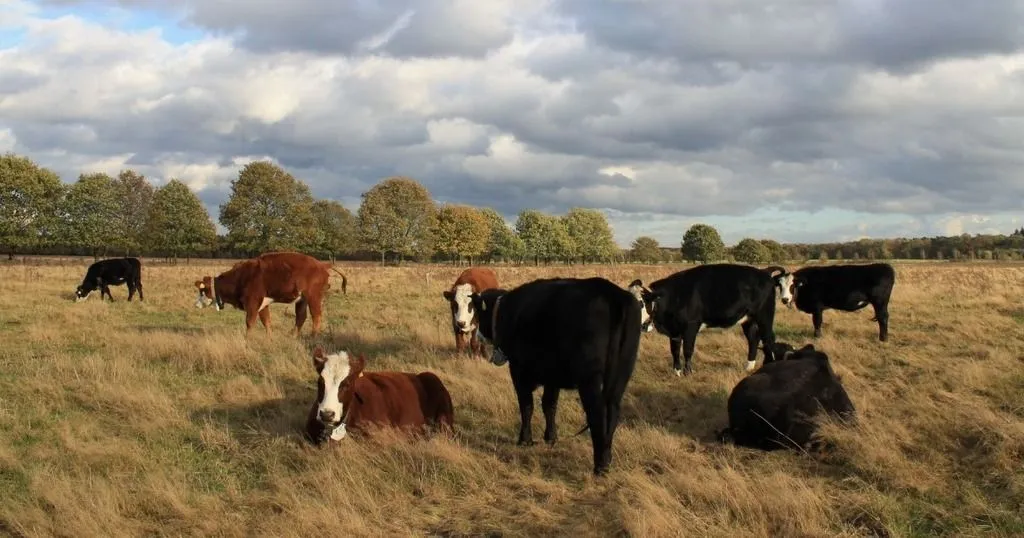
11 Feb
animal behavior research
Other (Animal)
4 Cool cow facts
The investigation of movement, activity, and behavior of animals in stables gives great insight. Read this blog to learn more about that, but also about cow behavior in paddocks.